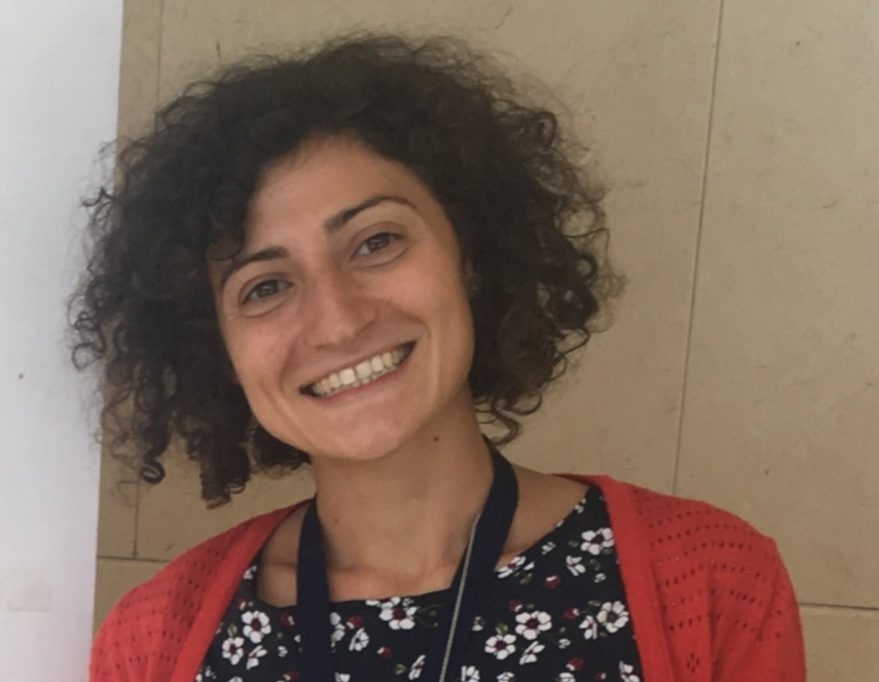Citizen Science: empower data crowdsourcing and pervasive technologies for social good
From the 4th to the 6th of February 2025, Catia Prandi will hold a course on Citizen Science in our university. The invited course is part of the Ph.D. in Control and Computer Engineering, and it is open to Ph.D. students from the Politecnico and other institutions.
The course will introduce the concept of Citizen Science as a scientific method for collecting data by actively engaging citizens while addressing scientific research.
The course has, as such, a twofold goal:
- scientists can collect social-economic and environmental data through the power of the crowd;
- citizens can participate in new and interactive learning experiences, gaining awareness about the specific issue of interest. Despite the many benefits, some challenges exist, such as citizen motivation to contribute for long periods, data accuracy and validation. During the course, students will learn how to exploit engaging technologies and strategies (storytelling, gamification, data visualization, AI, AR) and collaborative techniques to mitigate these challenges.
Enrolled tudents will participate in theoretical lessons and hands-on activities (e.g., interactive questionnaires, lo-fi and hi-fi prototypes) to verify their comprehension.
About the instructor
Catia Prandi is an Associate Professor at the Department of Computer Science - Science and Engineering at the University of Bologna, where she has held this position since October 2021. She is also a Faculty Fellow (international collaborator) at the Interactive Technologies Institute (ITI), Funchal, Madeira, Portugal, with which she has had a close collaboration since 2014. She holds two Italian National Habilitations (second-tier, sectors 01/B1 and 09/H1).

After earning her Ph.D. in Computer Science from the University of Bologna in 2016, she completed a postdoctoral research position at ARDITI, Madeira, focusing on Human-Computer Interaction (HCI) applied to sensor infrastructures and citizen engagement in design.
Her research now concentrates on HCI in smart cities, mobile computing, pervasive infrastructure, and socially relevant issues such as sustainability, biodiversity, and social inclusion. Prandi has authored over 150 publications, with 134 indexed in Scopus, and has participated in 34 research projects, coordinating 14 of them, including an EU H2020 project and various national and regional projects. She has been teaching since 2019, with courses on mobile systems programming and web and mobile systems, and currently supervises multiple Ph.D. students. She has also supervised over 80 theses in the last six years and served as an external examiner for various institutions.
Throughout her career, she has contributed significantly to research, teaching, and mentoring in HCI, mobile computing, and sustainable technological solutions.
More information in the official course description.
